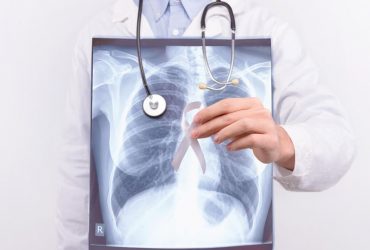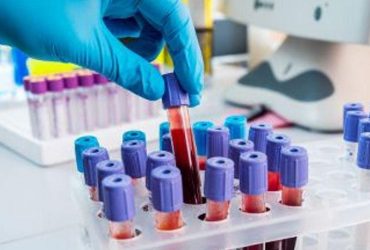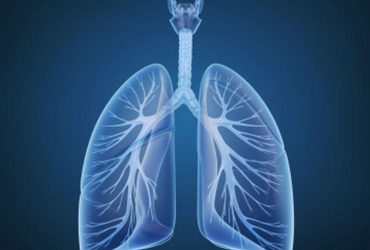Patients with more severe findings less likely to have prolonged delays; current smokers had more delays than former smokers
Screening assay based on nine lipids commonly dysregulated in early-stage lung cancer
Promoting low-dose CT screening among mostly nonsmoking women increased detection of early-stage, but not late-stage, lung cancers
Promoting low-dose CT screening among mostly nonsmoking women increased detection of early-stage, but not late-stage, lung cancers
Blood test based on four-marker protein panel combined with risk prediction model may improve assessment of risk for lung cancer
Compared with 2013 USPSTF criteria, more patients eligible for lung cancer screening with less racial disparity in access
Predictive models based on comparison of serum metabolomic patterns for patients at time of lung cancer diagnosis and matched controls
But majority of U.S. Black women diagnosed with lung cancer still would have been ineligible for screening under 2021 USPSTF guideline
Distribution of Lung-RADS results did not differ for lung cancer screenings with telemedicine versus in-person visit
Newly eligible population includes individuals aged 50 to 54 years, more women, more racial and ethnic-minority groups









